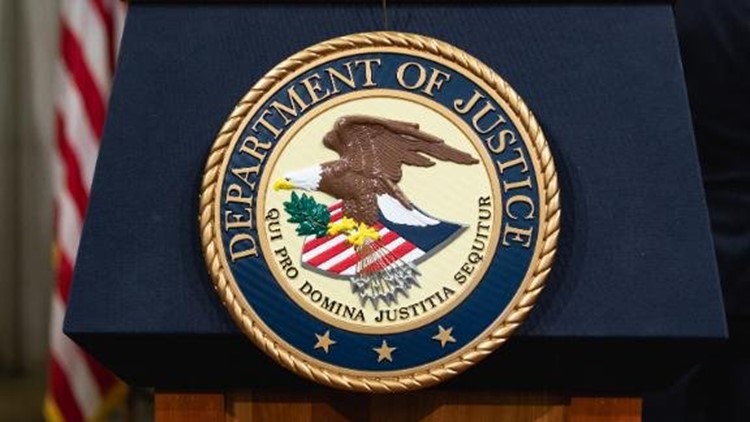WASHINGTON, D.C., USA — The Department of Justice announced Wednesday that it has begun phase two of its remission compensation process to provide recovery for Western Union fraud victims.
In 2017, Western Union entered into a deferred prosecution agreement (DPA) with the Department of Justice and agreed to forfeit $586 million.
In phase one, the Justice Department distributed over $366 million to over 148,000 victims.
Additional forfeited funds remain available, so the Department of Justice has reopened the petition process to potential victims who did not previously submit a petition for remission.
Victims of fraud who sent a monetary transfer through Western Union between Jan. 1, 2004, and Jan, 19, 2017, are encouraged to file a petition for remission. Individuals who believe the may be victims may file a petition online or obtain a petition form here.
The deadline to file a petition form for remission is Aug. 31.
More information regarding the remission process, including eligibility criteria, updates, and frequently asked questions is available at the remission website or by calling 1-855-786-1048.
“Scammers used Western Union’s money transfer system because they knew the company turned a blind eye,” said Director Samuel Levine of the Federal Trade Commission’s (FTC) Bureau of Consumer Protection. “With our law enforcement partners, we continue to return money to those harmed by the company’s failures, and people still have until Aug. 31 to submit claims.”
According to court documents, fraudsters targeted consumers, including seniors, through multiple scams and convinced victims to send money through Western Union.
Three specific scams directed towards seniors included the so-called grandparent scam, where the fraudster would pose as the victim’s relative in purported need of immediate money to avoid personal harm; lottery or sweepstakes scams, where the fraudster would tell the victim that he or she had won a large cash prize but had to pay fees, such as taxes, to claim the prize; and romance scams, where the fraudster would pose as an online love interest and request funds for a visit or for another purpose
Certain owners, operators, or employees of Western Union locations were complicit in the scheme.



